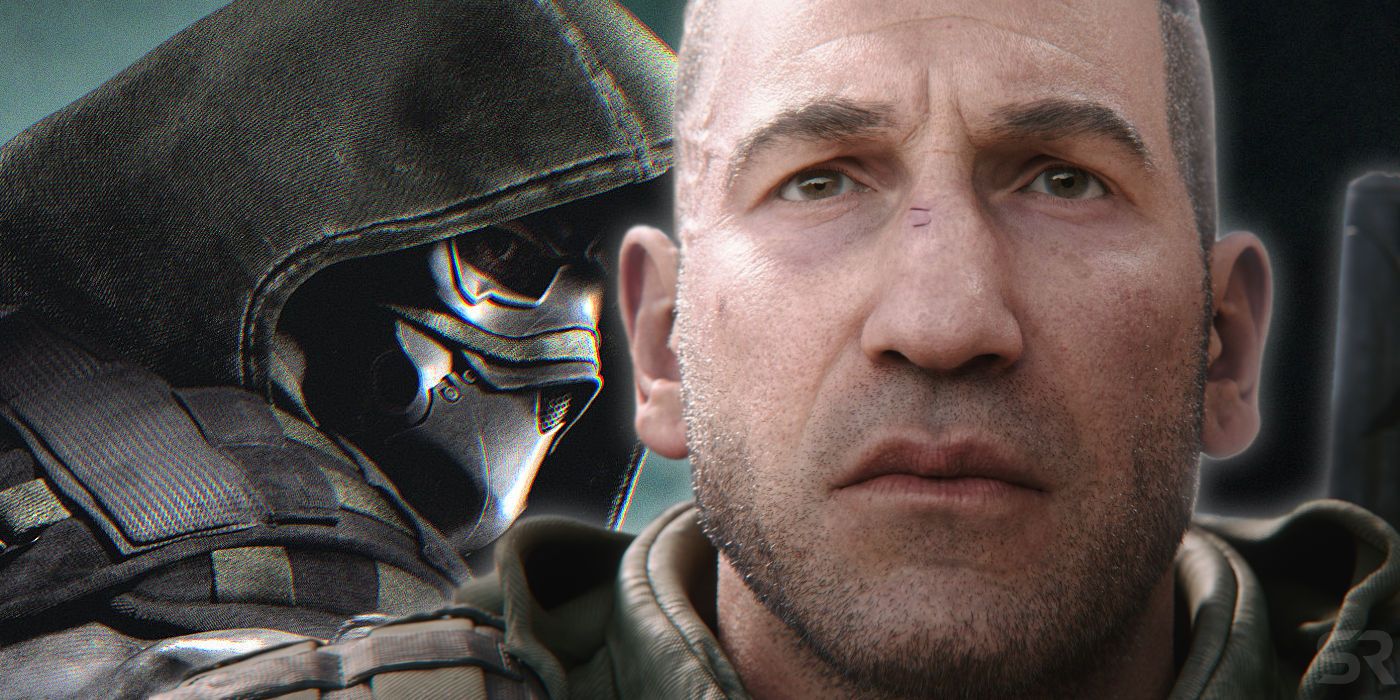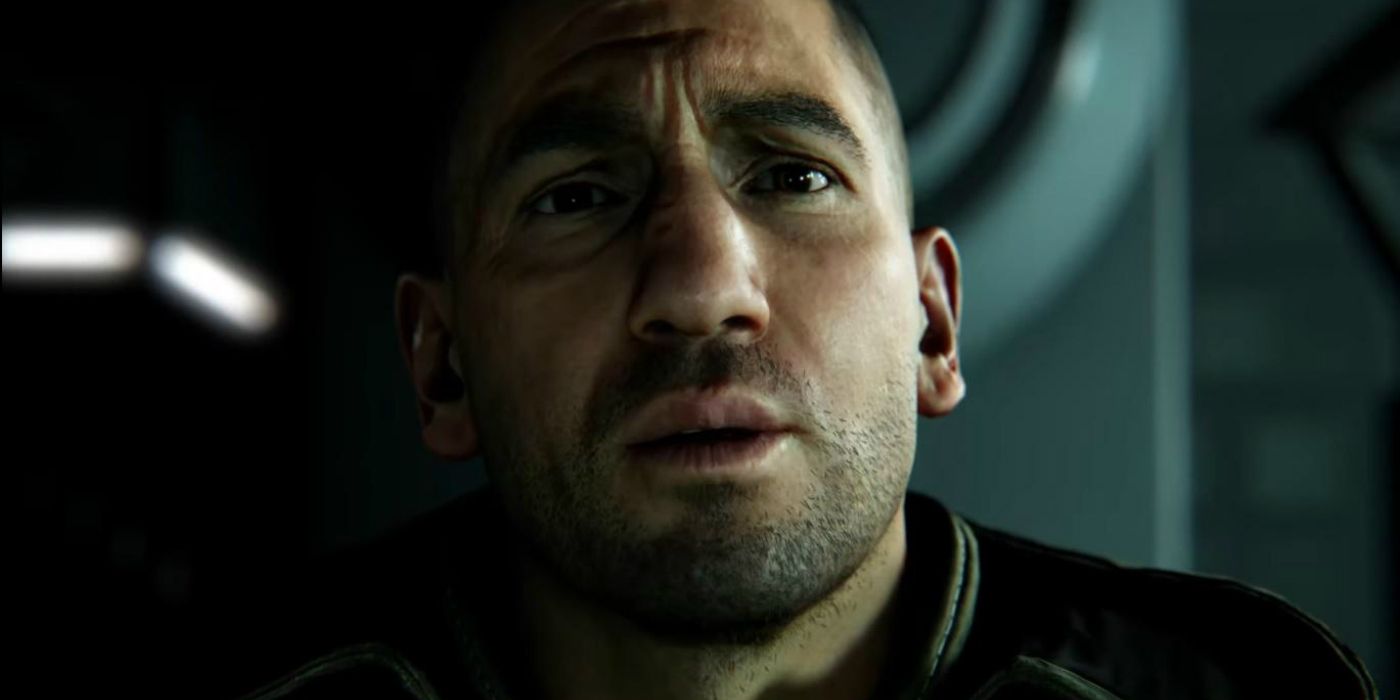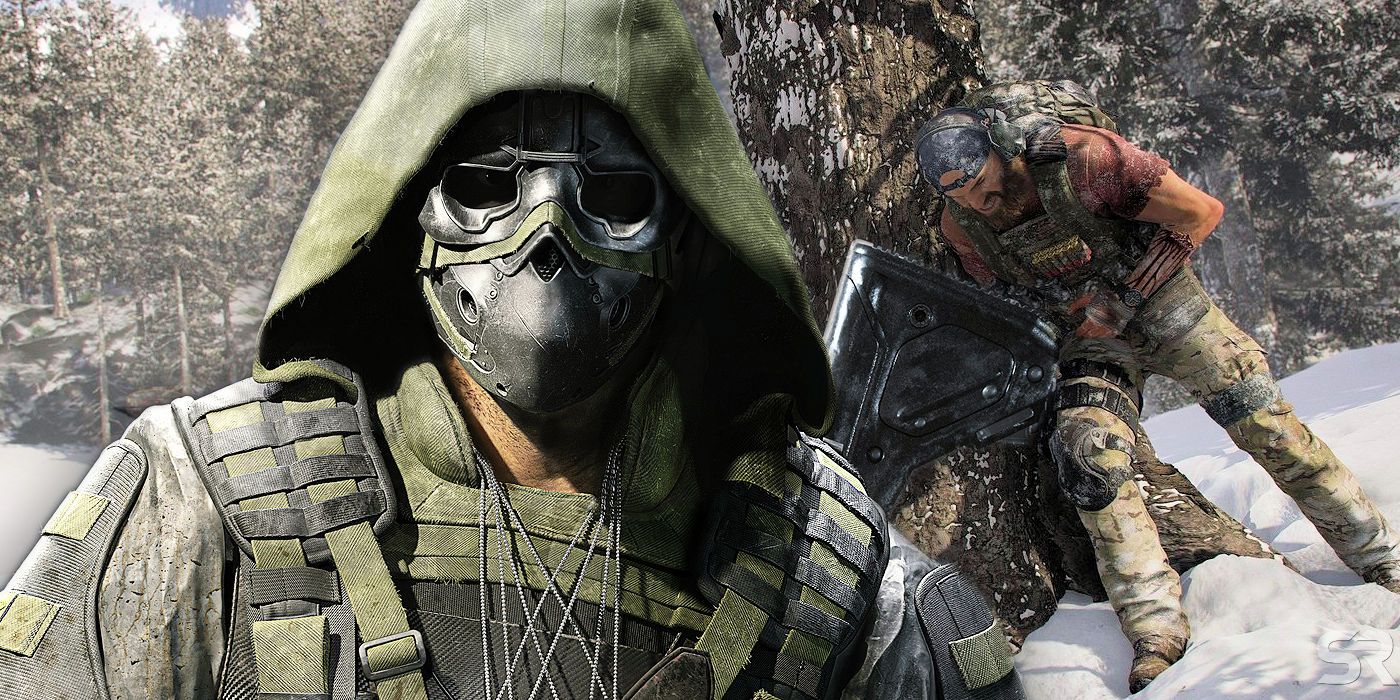Ghost Recon Breakpoint comes from Ubisoft Paris, and it aims to expand on what the team did with Ghost Recon Wildlands while also revolutionizing the tactical shooter genre on a micro scale. Of course, it's not only about the gameplay, as Ghost Recon Breakpoint is introducing arguably the toughest villain into the franchise with Cole D. Walker, who first appeared in a mission in Ghost Recon Wildlands and is being portrayed by actor Jon Bernthal.
Cole D. Walker is a former member of the Ghost team, and since he didn't agree with how the government's special forces was handling things, he decided to take matters into his own hands. And so, Walker formed a group called the Wolves (think: the Syndicate from the Mission: Impossible series). They've taken over the island of Aurora in Ghost Recon Breakpoint, along with the highly-advanced drones from Skell Technology, a corporate giant that occupies the island.
Bernthal showed up during Ubisoft's pre-E3 press conference earlier this month to promote Ghost Recon Breakpoint and briefly explain the purpose of his character, Col. Cole D. Walker. This new story from Ubisoft Paris has been penned with the help of Emil Daubon, who also serves as the military technology advisor, meaning Walker is a character written deliberately and realistically. But before Bernthal went on stage, Screen Rant had the opportunity to interview him about his Ghost Recon character to learn more about what that could mean.
We know about your character - his general description, the Wolves, and everything - but how do you view him? What are your thoughts?
He was a Ghost, so he has the same training, the same capabilities as all the Ghosts. But I think he's going to rid the island of Aurora of Ghosts. He's very different, as far as his mission, as far as his mindset. He'll go to any length to complete his task. He doesn't believe in the moral code that's shared through the Ghosts community. But, look, I was really grateful and happy with the fact that the folks that make this game care equally as far as the gameplay and the sort of level of nuance of the story. They really want these characters to be layered in nuance, and I was grateful for that and sort of blown away with the level of writing and the level of direction. There's a lot of passion as far as the people that make this game, and I love being a part of projects where people are passionate.
Do you see him as a villain then? Or does he see himself as a villain?
I don't think anybody sees themselves as a villain. I think that's where all the great antagonists, anti-heroes, and villains have that in common. They have something that they really believe in, they fight for it with everything they have. But they don't wake up in the morning and say "I'm going to be a villain today." I think that he believes he's absolutely doing the right thing. His means and his ways of going about what he wants just might not be acceptable or folks might not be able to stomach it.
You've done quite a few military-type projects, so do you see this as a natural continuation of that?
I think any time - as an actor, writer, anything - any time you make anything that's about the military, it's a huge honor. It's a huge responsibility. I was enormously grateful to the people at Ubisoft. At all times, they had special forces soldiers on set; they had complete free reign to stop at what's going on, if something didn't seem real or authentic. We got to train with them - and that was as far as the weapons, the way you carry yourself, the way you talk to people. I think that's key, and I got to make some great friends because of that. And I thought that it was the respectful, right thing to do, and I was really grateful for it.
You mentioned training. What kind of training did you have to do on this that you haven't done on your other projects?
[Writer and military technical advisor] Emil Daubon - he's Green Beret - and I've never trained with the Green Beret before, and it comes with its own thing. It's different than any of the training that I've done. I think what's great about acting, what's great about any sort of field that you can train in, is that you can never do too much of it. You can never learn enough, there's always more. So any opportunity that I get to work with any of those guys is great.
So what's the aspect of the character that means the most to you?
I would say that, I would say the fact that he's a special forces soldier. I would say the fact that he's a leader and he takes that enormously seriously, I would say that the fact that, again, he's a villain but he absolutely believes in what he's doing and he's not some sort mustache-twirling, spoon-fed kind of archetype, you know, I thought that did that the filmmakers and the guys that make the game cared enough. And it was deeply important to them to make sure that the story was nuanced and that it wasn't just one note. And I think when you see the game, the level of sophistication the engineers can make, you can see that in the gameplay; you can see how much they captured. It wasn't just a bunch of empty talk that they made on the day. I think they followed through, and I'm staggered by the people that make these games.
Did you do motion-capture for this?
Yes we did.
How was that?
I loved it. Look, you got to get over the fact that everybody's in a funny suit and has dots all over their faces. You get over that pretty fast. But the way that these things work, there's hundreds of cameras in the room. So they're covering all angles at once, so you have one take to make everything perfect. So, you know, sometimes these are 10, 11, 12-minute takes, and if there's one mistake you got to start over. There's an enormous amount of pressure on each take, so it's very rehearsal-based. You spend a lot of time getting it perfect, getting all the choreography perfect, all the dialogue perfect, all the action perfect. But then again, if there's a mistake you got to start over. So there's pressure. It's a real challenge, and it's hard - anything good has to be hard. And to be honest with you, I really wish more films and television [shows] were shot that way. I think it puts a level of pressure, and sort of level of stakes, on each time you do a take that demands the best out of everybody, and I think that's something...
Comparing mo-cap to live-action, right?
Absolutely. I think it's a really, really cool way to just... you got one take to do it. And when you think about it in the history of film, some of the most iconic scenes, most iconic moments in movies, are one-take shots. You can see why [what] I was just referencing was in Goodfellas. When he parks and takes him all the way through the Copa into the bowels of the kitchen, then out into the stage. When you think about the level of commitment, and the level rehearsal, and the level of detail, and the level of work that goes into that, it's amazing. And then that's how every one of these scenes is shot; everything's got to be perfect. I think that's really cool.
Was mo-cap the extent of your involvement in this game, or did you provide any influence into the story as well? Like did you give them tips on what Walker would do in a particular situation?
[Laughs] I work for them, man. No, they knew what they were doing, and it was a great group of artists to work with. I learned a lot there.
So would you do more video games after this?
I would, yeah.
Got anything in mind? Or would you want to continue with a Ghost Recon-type?
You know that... we'll see. We'll see what comes down. I just enjoyed the process, and I believe in the people that made the game. I believe in the group of people I worked with, and I know how much they care about the people that play the games. So I really hope dig it. We'll let them decide.



